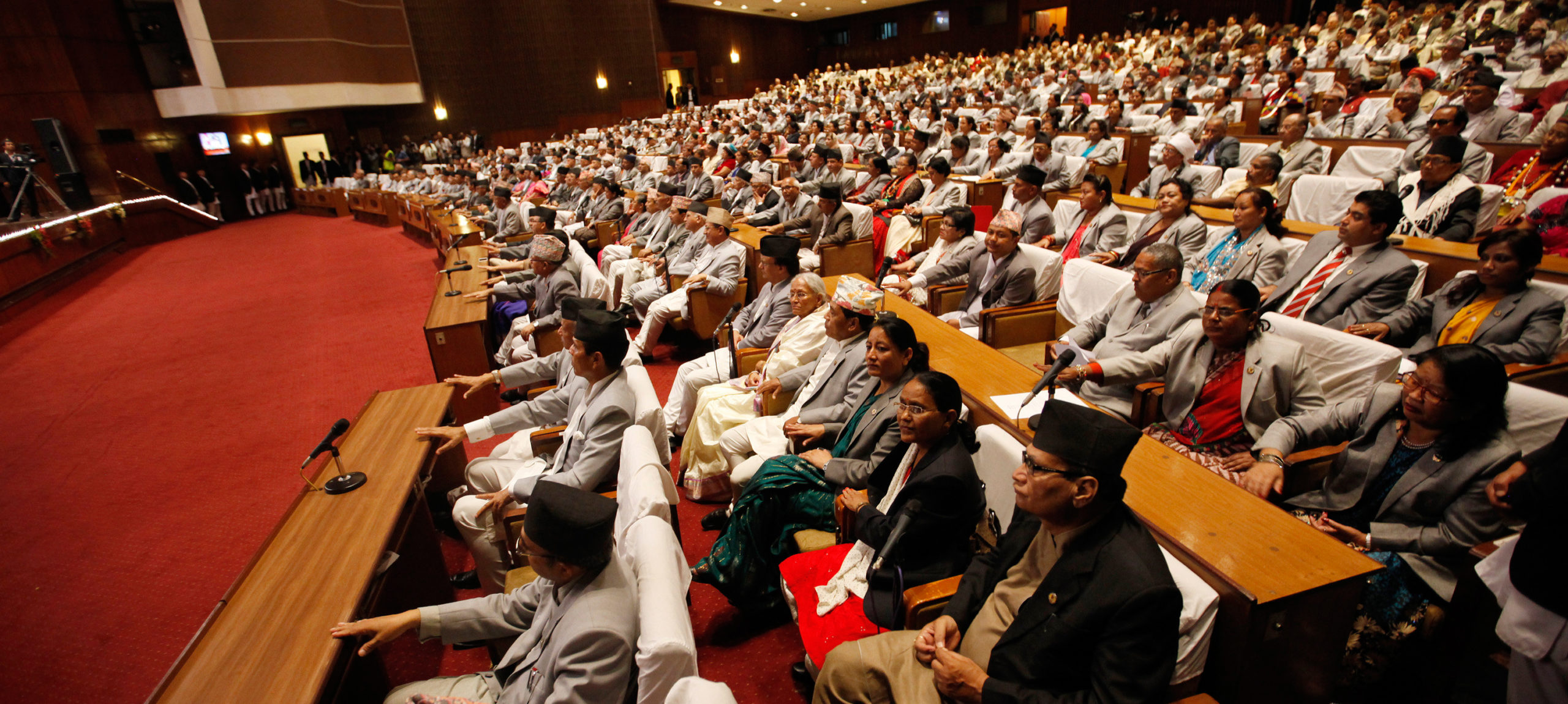National Dialogues
National Dialogues provide an inclusive, broad, and participatory official negotiation framework, which can resolve political crises and pave the way for political transitions.
From Togo (2006) to Yemen (2013–2014), National Dialogues are increasingly regarded as a promising avenue for managing political crises and transitions. With mandates that include political reform, constitution-making, and peacebuilding, National Dialogues are convened to address issues of national concern, typically longstanding causes of conflict that have been brought to the fore by political protest or armed insurrection.
Building on the Broadening Participation research, the National Dialogues project aimed to advance the emerging debate on National Dialogues by providing a comparative, mainly qualitative, analysis based on 17 processes in 12 countries.
Research objectives
- Expanding and substantiating existing knowledge by analysing the role of National Dialogues in political transitions to assess their common characteristics.
- Analysing the factors that have enabled or constrained National Dialogues to reach agreements and to achieve sustainable outcomes after an agreement is concluded and implemented.
Key findings
- National Dialogues have been used as an instrument to resolve political crises and pave the way for political transitions and sustainable peace.
- While most National Dialogues reached an agreement, only half of these agreements were implemented.
- National Dialogues have often been used by national elites as a tool to gain or reclaim political legitimacy, which has limited their potential for transformative change.
- When National Dialogues resulted in sustainable transitions, there was generally a favourable consensus among elites.
- Procedures for preparing, conducting, and implementing National Dialogues play a decisive role in whether processes are perceived as representative and legitimate.
- In the short term, and most notably in cases of mass protests, National Dialogues have been able to reduce violence by transferring grievances from the streets into formalised processes.
List of case studies
- Afghanistan, Emergency Loya Jirga (ELJ), 2002
- Afghanistan, Constitutional Loya Jirga (CLJ), 2003–2004
- Benin, Conference of the Vital Forces of the Nation, 1990
- Democratic Republic of the Congo, Inter-Congolese Dialogue, 2001–2003
- Egypt, National Dialogue, 2011
- Mali, National Conference, 1991
- Mexico, San Andreas Dialogues, 1995–1996
- Nepal, Constituent Assembly, 2008–2012
- Papua New Guinea, Burnham Dialogues, 1997
- Somalia, Somali National Reconciliation Conference (Djibouti process), 2000
- Somalia, Somali National Peace Conference (Eldoret/Mbagathi process), 2002–2004
- Somaliland, Borama National Conference, 1993
- South Africa, Convention for a Democratic South Africa (CODESA), 1991–1992
- South Africa, Multi-Party Negotiation Process (MPNP), 1993
- Togo, National Conference, 1991
- Togo, Inter-Togolese Dialogue, 2006
- Yemen, National Dialogue Conference, 2013–2014
Report,
What Makes or Breaks National Dialogues?
This report is based on the National Dialogue research project and its comparative analysis of 17 cases of National Dialogues (1990 – 2014). It aims to contribute to a better understanding of the functions of National Dialogues in peace processes.
October 2017Anne Zachariassen, Cindy Helfer, Thania Paffenholz,
Briefing Note,
What Makes or Breaks National Dialogues?_BN
This briefing note summarises the findings of a research project on National Dialogues and inclusive peace processes commissioned by UNDPA. It is based on a comparative analysis of 17 cases of National Dialogues (1990-2014).
April 2017IPTI,
Video Brief,
Key Findings on National Dialogues
This video brief gives an overview of how National Dialogues can facilitate inclusion in peace processes and serve as an instrument of political change.
January 2018IPTI,



